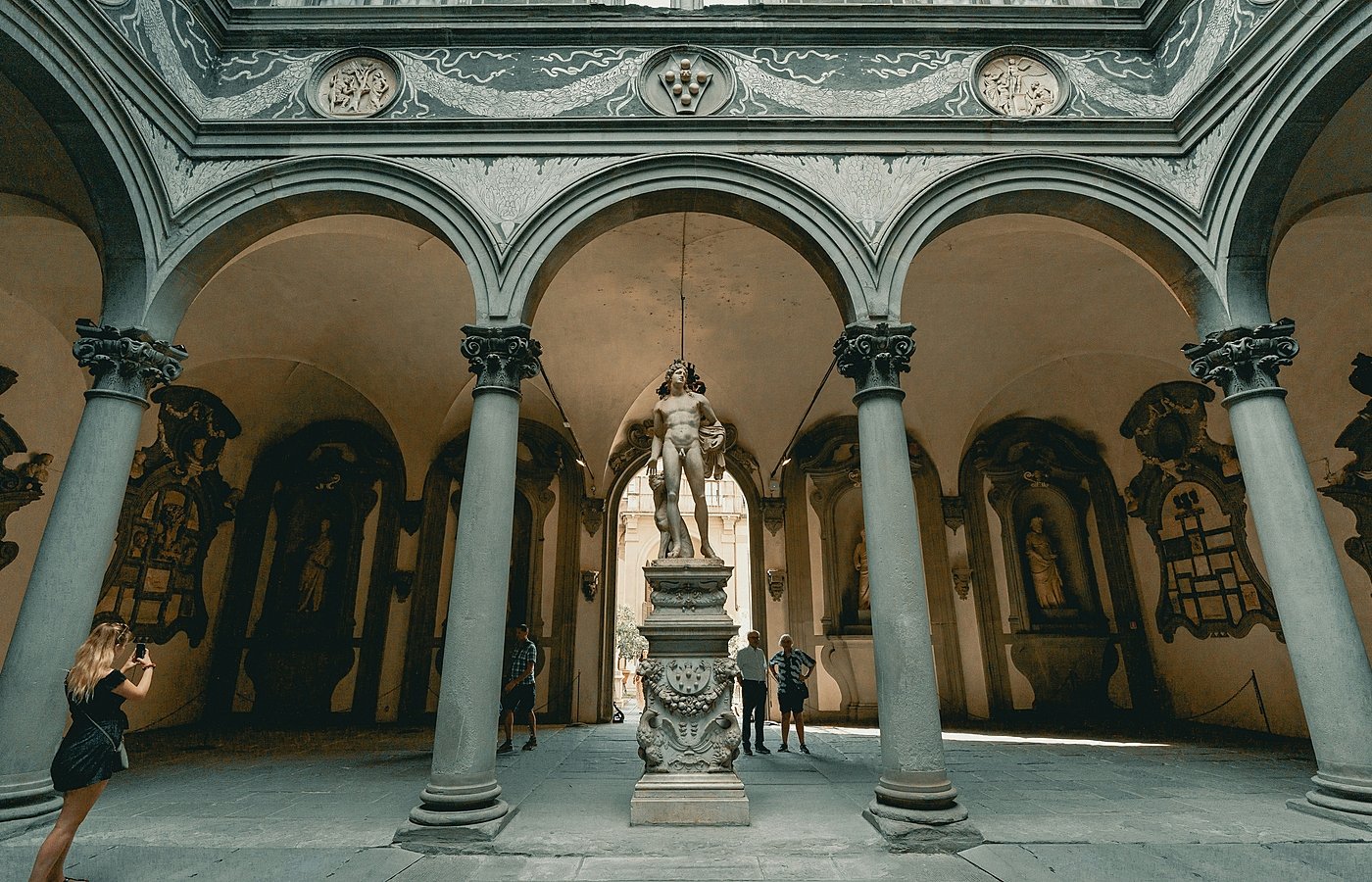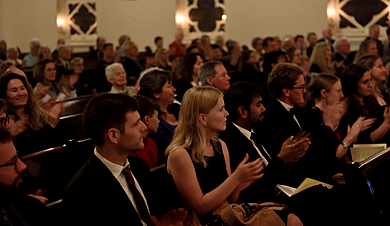
World-wide applications open for Ralston College’s first Summer Latin Program
News 15th May 2024
Join the most accomplished spoken Latinists in the world for Ralston College’s first non-degree language residency this summer in Italy.
Applicants are invited to apply to the eight-week program, which begins in Sicily on July 23rd: as they move through the Bay of Naples, Rome, Florence, and many other historic sites, students will engage in the intensive and immersive study of Latin, as well as Italian.
Partial and full scholarships are available and applicants do not need an academic background, past or present, in order to be considered.
Demand for Ralston’s original intensive Greek language residency, which is a central part of its one-year Masters of Arts in the Humanities degree, inspired the College to pilot a non-degree summer program for Latin and Italian.
"We are delighted to widen our activity as a College by now offering the teaching of Latin: alongside Greek, Latin stands not just as a foundational language for the development of western culture but also as its primary medium of survival, and evolution, over the last two millennia. Using the direct method of teaching in the language itself, the program will equip students with the language skills to engage with the most profound and provocative works of literature, philosophy, and art," founding President Stephen Blackwood says.
"Studying Latin texts directly, without the intermediary of translators and commentators, and doing so in the very landscape of Italy, allows for the most meaningful encounter with, and entry into, this rich and inspiring cultural inheritance."
About the Summer Latin Program
By the end of the Summer Latin Program, which runs to September 23rd, students will be able to understand and communicate effectively in Latin, as well as have competency in modern Italian.
Some of the most gifted spoken Latinists in the world will teach the course by the direct method.
Concentrated linguistic study will be enriched by the reading of literary and historical texts, evening seminars, archaeological visits, and speaking Latin wherever possible: it is the conviction of Ralston College and its teaching staff that a language is best learned by active as well as passive engagement, in not just reading ancient texts but also listening to and talking about them.
Throughout the program students will encounter up close many of the artistic, cultural, and architectural treasures of Sicily and the Italian peninsula, including those in:
- Rome, for three weeks
- Ortigia, Syracuse, for three weeks
- Selinunte
- Agrigento
- Palermo
- Naples
- Pompeii
- Fossanova
- Tivoli
- Saturnia
- Cerveteri
- Florence, where the program ends
The two-month program costs $14,000 for those who do not receive a scholarship.
As with the College’s Greek language residency, students of the Summer Latin Program should expect considerable demands on their intellectual and physical resources and energies. There will be long hours of both class-based and independent study, early mornings and late nights of travel, extended periods outdoors on archaeological sites in the heat of the Italian summer, and little time for rest throughout.
Though no academic credit will be offered to those who complete the Latin Summer Program, some of the most celebrated aspects of student life at Ralston College are integrated into it, such as language learning in a classroom context, combined with outdoors teaching, communal dining and other social activities.
Requirements
Applicants should:
- Be aged twenty or older
- Have studied at least one foreign (i.e. non-native) language to a high level of proficiency
- Be curious, open-minded, and interested in working with a self-motivated community of scholars
Those who have studied an ancient language (other than Latin) are particularly encouraged to apply.
Since the program aims to teach Latin and Italian from first principles, those already with a formal qualification in Latin are advised to make contact before applying.
Applicants from anywhere in the world are encouraged to apply. The deadline is Monday, June 3rd. Please send any queries to latin.admissions@ralston.ac.
About Ralston College
Ralston College is a new, donor-funded university offering an intensive one-year graduate program, which traces the development of Western civilization from ancient times to the present.
The Masters of Arts in the Humanities includes an eight-week term in Greece followed by three terms in Savannah, Georgia where its campus currently includes several historic buildings throughout the city’s National Historic Landmark District.
Several alumni are now employed full time in education, architecture, business, medicine, publishing, the visual or performing arts, and the academy.
The College, which intends to launch an undergraduate program in the future, is currently authorized for operation and awarded degree-granting powers by the State of Georgia.
It is also seeking accreditation from the New England Commission of Higher Education, which on November 16th, 2023 authorized publication of the following statement: “The New England Commission of Higher Education has determined that Ralston College is eligible to proceed with an application for candidacy for accreditation within two years. A determination of eligibility is not candidacy or accreditation, nor does it indicate a likelihood of eventual accreditation. Questions about eligibility and the accreditation process should be directed to the President of the Commission.”
Ralston College is devoted to freedom of thought and speech, has no political or religious affiliations, and does not accept government funds. Its mission is to revive the conditions of a free and flourishing culture by providing transformative, rigorous education in the Humanities. In addition to its degree program, the College also hosts free, public lecture series which to date has welcomed more than 1,500 guests.
The College’s podcasts and online lectures–available for free–have also reached millions.



